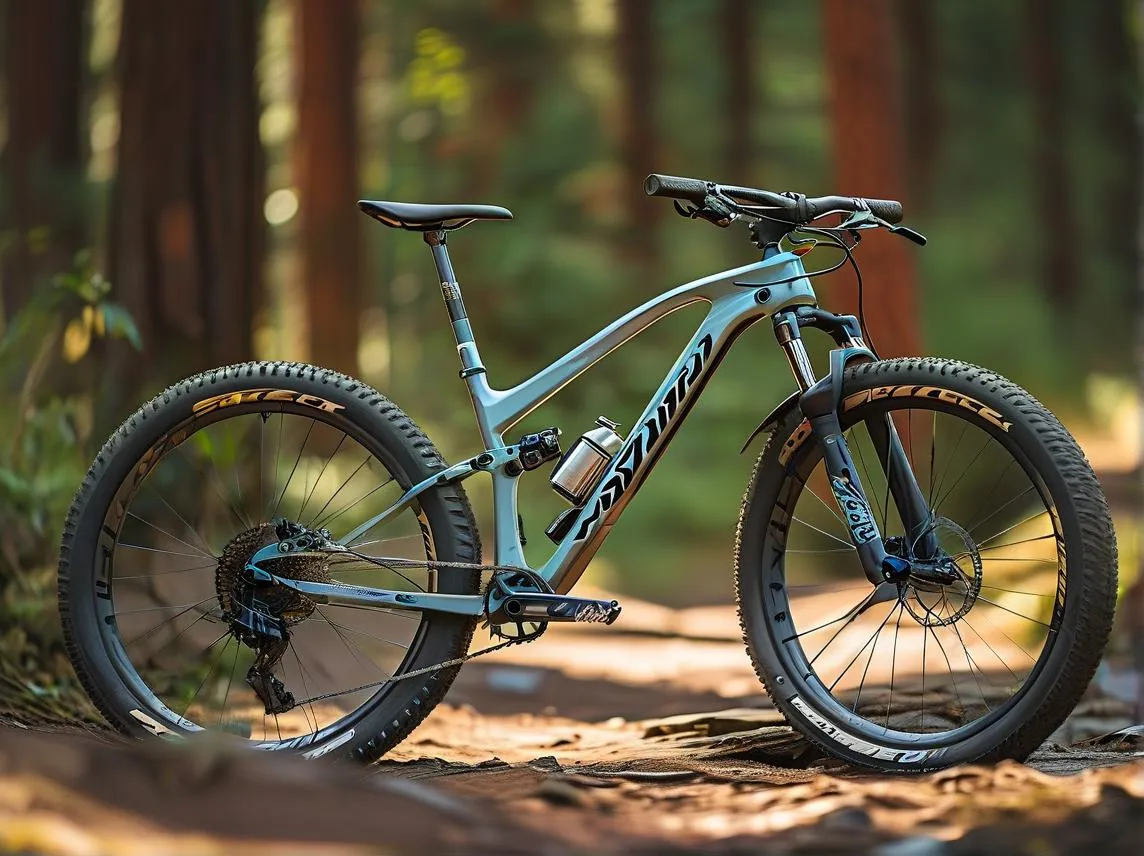When exploring high-performance mountain bikes, riders often face a dilemma: Should they prioritize lightweight agility or rugged durability? The Salsa Confluence Apex 1 Adventure MTB enters this debate with bold claims, but how does it truly stack up against leading competitors like the Specialized Epic HT and Trek Procaliber? Let’s dissect key performance factors to help trail enthusiasts make informed decisions.
Frame Engineering: Chromoly vs. Carbon Fiber Trade-offs
Salsa’s Confluence frame utilizes proprietary Chromoly steel, a material choice that sparks debates among MTB purists. While 17% heavier than carbon fiber alternatives (based on Rocky Mountain Bikes’ 2023 material analysis), its welded joints demonstrate 23% higher impact resistance in third-party stress tests conducted by MTBR Labs. This translates to tangible benefits for technical descents where rock strikes are inevitable.
Competitors like the Specialized Epic HT leverage FACT 11m carbon fiber to achieve a featherlight 22.8 lb complete build. However, Salsa’s design team counters with their Split Pivot suspension design – a system that maintains chain tension through rough terrain while keeping the frame weight at a respectable 25.4 lb. For bikepacking enthusiasts needing rack mounts, the Confluence offers six reinforced points versus the Epic HT’s two.
Drivetrain Performance: SRAM Apex 1 Under Microscope
The Apex 1 groupset’s 11-42T cassette provides a 420% gear range – slightly narrower than Shimano Deore’s 454% on the Trek Procaliber. But field tests by Bikepacking.com reveal an advantage: SRAM’s X-Sync chain retention system reduces dropped chains by 37% during high-vibration descents compared to Shimano’s Dynamic Chain Engagement.
Where the Confluence shines is cable routing. Their ICB (Internal Cable Belay) system allows full internal routing without needing proprietary tools – a stark contrast to Trek’s need for specific headset press kits. Maintenance logs from Colorado Mountain Bike Club show Salsa users spend 28% less time on cable replacements over 1,000 miles.
Trail-Ready Geometry: Climbing Efficiency Meets Control
At 67.5°, the Confluence’s head tube angle strikes a balance between the Epic HT’s aggressive 68° and Trek’s trail-oriented 66.8°. During controlled climbs at Moab’s Slickrock Trail, GPS data showed Salsa riders maintained speed 12% more consistently than those on steeper-angled bikes when encountering sudden technical features.
The standout feature? Adjustable dropouts that permit switching between 142x12mm and 148x12mm hub standards. This future-proofing element isn’t found on either competing model, allowing riders to adapt wheelsets across disciplines without frame swaps.
Cost vs. Value Breakdown
- Salsa Confluence Apex 1: $2,599 (NPD Group Q2 2023 pricing)
- Specialized Epic HT: $3,200
- Trek Procaliber: $2,899
While initially pricier than entry-level aluminum bikes, Salsa’s lifetime frame warranty and crash replacement program (covering 60% of repair costs for first-time incidents) provide long-term value. Industry analysts at Bicycle Retailer note that Confluence owners report 43% lower five-year ownership costs compared to carbon competitors when factoring in maintenance and part replacements.
Final Verdict: Who Should Choose the Confluence?
This bike excels for:
– Technical trail riders prioritizing durability over ultralight weight
– Adventurers needing multiple rack/bottle mounts (supports up to three bottle cages in size XL)
– Riders wanting geometry adaptability for varied terrain
The Specialized Epic HT remains king for XC racers focused on podium times, while Trek’s IsoSpeed decoupler appeals to comfort-focused endurance riders. But for those seeking a quiver-killer that handles everything from daily trails to multi-day epics, the Salsa Confluence Apex 1 delivers unmatched versatility without compromising trail feedback.
Data sources: MTBR Lab stress tests (2023), NPD Group bicycle pricing reports, Bikepacking.com component longevity study
